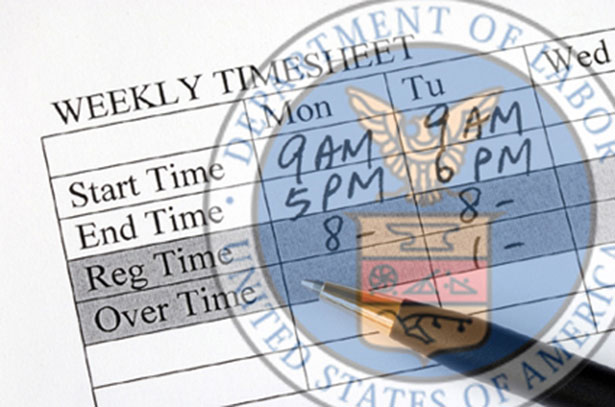
It wasn’t enough that the Affordable Care Act was designed to force young health Americans to bear the high cost of older, less healthy Americans’ health insurance. Now Obama’s government minions have added new overtime work regulations that do the most economic harm to new grads, particularly liberal arts grads. Job Creators Network’s Kerry Jackson and Alfredo Ortiz explain:
Over half a million college students recently graduated with Bachelor of Arts degrees. Many of them are looking for jobs this summer that don’t involve serving coffee. But the Department of Labor is working against them, recently finalizing a new overtime rule that doubles the salary threshold under which employers are required to pay overtime — to $47,476 from $23,660 a year.
The consequences of this rule have been well-covered. In order to keep track of expensive overtime costs, employers will turn salaried employees into hourly ones. This will diminish the prestige of jobs – not to mention the bonuses, benefits, and flexibility that went along with them. According to the Mercatus Center, some employers will also reduce workers base salaries to compensate for the increased labor costs businesses will incur.
One consequence of the rule that has been overlooked, however, is the impact that it will have on liberal arts grads looking for their first jobs, which pay about $40,000 on average. Under the new overtime rule, this means the salaried first jobs they traditionally seek – in fields such as journalism, communications, and sales – either won’t exist or turn into hourly roles. (Notably, teachers, another popular career choice for these grads, are exempt from the overtime rule.)
Notice that last sentence. Obama’s minions pick economic winners and losers even among new young hires. Teachers are exempt from these new regs. They win. Those in all other career paths lose.
In the end, though, no one wins. As the Mercatus Center analysis concludes:
The Department of Labor’s analysis of its proposed overtime rules is flawed and incomplete. Economic theory and empirical evidence strongly suggest that, over time, employers will react to these new rules by cutting base salaries or laying off workers covered by the rules. The proposed rules may force newly underemployed employees to instead choose to take a second job. Increased compliance costs will force employers and employees into hourly wage contracts that are ill suited to many jobs, and will lead to greater compliance costs for many employers.
When government regulators overburden businesses with expanded workplace regulations, it produces an even weaker economy and fewer good jobs for all.
Sources:
The Overtime Rule Will Hurt Liberal Arts Grads, by Kerry Jackson & Alfredo Ortiz, RealClearMarkets
An Economic Analysis of Overtime Pay Regulations, by Donald J. Boudreaux and Liya Palagashvili, Mercatus Center, George Mason University

